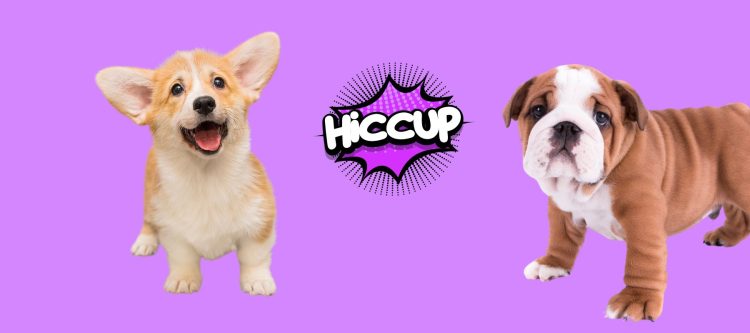Understanding the Rhythms of Canine Breaths: Decoding Dog Hiccups
In the shared symphony of life, resembling us, our canine companions have a diaphragm—a diligent, involuntary conductor of breaths—that dutifully orchestrates the ebb and flow of inhalations and exhalations. It’s in the involuntary spasm of this muscular membrane where the sudden, peculiar sounds of hiccupping originate—as the body involuntarily draws air, a distinctive “hic” echoes through the canine throat.
The Misconceptions of Canine Hiccups: Separating Fact from Fiction
An auditory masquerade often confounds us, for the reverse sneeze—an audible rush of air through the nostrils, differing in tempo and tone—masks as the hiccup. Yet, these are distinct acts; a ballet of respiratory reflexes unique in performance and separate by design.
Innocent Pups and Fickle Diaphragms: The Innocence of Hiccupping
Puppies, with their playful essence and boundless wonder, most frequently fall prey to these spasmodic interludes. Rarely a cause for concern and often a fleeting parenthesis in their day, the dance of the diaphragm is a rarer play for the adult dog.
Possible Culprits Behind the Canine ‘Hics’
A mystery to science, dog hiccups have elusive roots, yet whispers of causes flit amongst us. Some propose theories: the ingesting of air like an invisible feast alongside water and kibble; the exuberance of vigorous play or the shadow of stress; each can stir the diaphragm into fits of rhythm.
Guiding Your Dog to Stillness: Remedying the Spasms
Rest assured, canine hiccups are often but a brief whimsy. If persisted, serenity may be restored through peaceful sips of water or the soothe of a gentle chest caress. For the gourmands who haste through their meals, consider breaking the feast into morsels over time, and employ puzzles to tame their devouring zest. Be wary, though, of remedies sweetened with whispers of harm—xylitol-laden syrups are deceptive toxins, not the balm.
When to Seek the Wisdom of Veterinarians
A hiccup here and there? A trifle, soon to be forgotten. But hiccups that linger, hiccups that bring with them a cadre of symptoms—this is when concern might beckon a professional’s interpretation. Listen for coughs, search for struggle in breath or rest, and tend to signs of inner turmoil, such as vomit or the loathsome diarrhea—these whispers may portend whispers that necessitate a veterinarian’s consultation.























































